Vuelta a España 2020: Six things to look out for during the third week
The showdown for red will take place over the final week of the 2020 Vuelta
A four-horse race for the red jersey

The race to win the 2020 Vuelta a España enters the third and final week as a four-horse race, with Richard Carapaz (Ineos Grenadiers), Primož Roglič (Jumbo-Visma), Hugh Carthy (EF Pro Cycling) and Dan Martin (Israel Start-Up Nation) all separated at the top of the general classification by just 35 seconds.
Carapaz is currently in the red jersey, but Roglič is widely considered to be the race’s frontrunner given his superiority as a time triallist, and will be seen as the man to beat.
>>> Hugh Carthy 'can do a really good time trial' and has a chance of winning Vuelta a España
As strong as Roglič has been throughout most of the race, though, he certainly looked vulnerable on the Angliru yesterday, and the others will be aware of the problems the Slovenian has had in the past during final weeks of Grand Tours — especially Carapaz, for it was he who exploited Roglič’s fading form towards the end of the 2019 Giro d’Italia to win the pink jersey ahead of him.
And what about Britain’s Hugh Carthy? He was clearly the strongest of the GC contenders on the Angliru, suggesting that, despite his inexperience in Grand Tours, his form is on the up rather than waning.
Just like at the Tour de France, where Roglič lost the yellow jersey on the penultimate day of the race to Tadej Pogačar, and the Giro d’Italia, where the pink jersey swapped hands between three different riders on the final three days, the Vuelta looks set for a dramatic conclusion.
The latest race content, interviews, features, reviews and expert buying guides, direct to your inbox!
A potentially decisive time trial
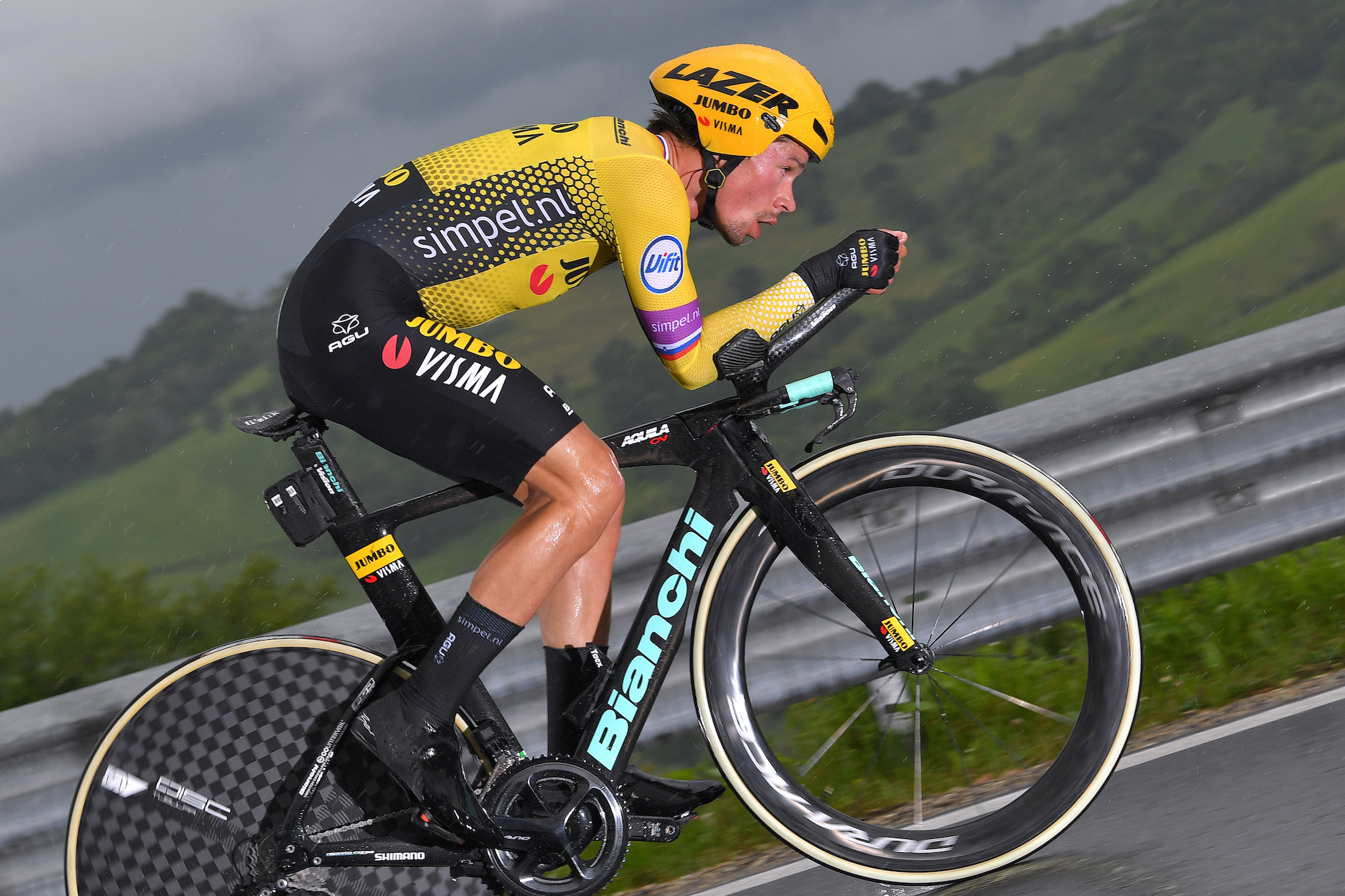
With so little to choose between the four red jersey candidates in the mountains, it might be that Tuesday’s time trial that begins the third week is the stage that determines who the overall winner will be.
At 33.5km, it’s long enough to cause significant time gaps, and the mostly flat parcours (save for a short 2km uphill at the end) will mean that it is the riders’ ability as rouleurs rather than their ability as climbers that will mostly be tested.
All this spells good news for Roglič. He’s the outstanding time trialist of the GC contenders, and has in the past heavily defeated all three of Carapaz, Carthy and Martin.
>>> Tour de France 2021 route analysis: Who does the new route suit best?
When he went head-to-head against Carapaz at last year’s Giro d’Italia, for instance, Roglič gained a total of 3-28 across that race’s three time trials, at a rate of about three and a half seconds per kilometre. If the difference between them is similar on Tuesday, he will expect to take around two minutes over Carapaz.
Hugh Carthy was also present at that Giro, and fared pretty much the same, conceding a total of 3-41 to Roglič over the three time trials. However, the Brit has come on leaps and bounds since then, so might surprise everyone with a much stronger performance against the clock this time around, just as he has already surprised everyone with his climbing.
Finally, Dan Martin has typically struggled in time trials, and, like the others, also took quite a beating from Roglič the last time the two met in a time trial while riding for GC at a Grand Tour — on the 31km time trial at the 2018 Tour de France, he posted a time that was 1-28 slower than the Slovenian.
The signs therefore all point to a very beneficial stage 13 for Roglič, and the others will have to have good days just to remain within striking distance of him ahead of the rest of the final week stages.
Possible ambushes during mid-week rolling stages
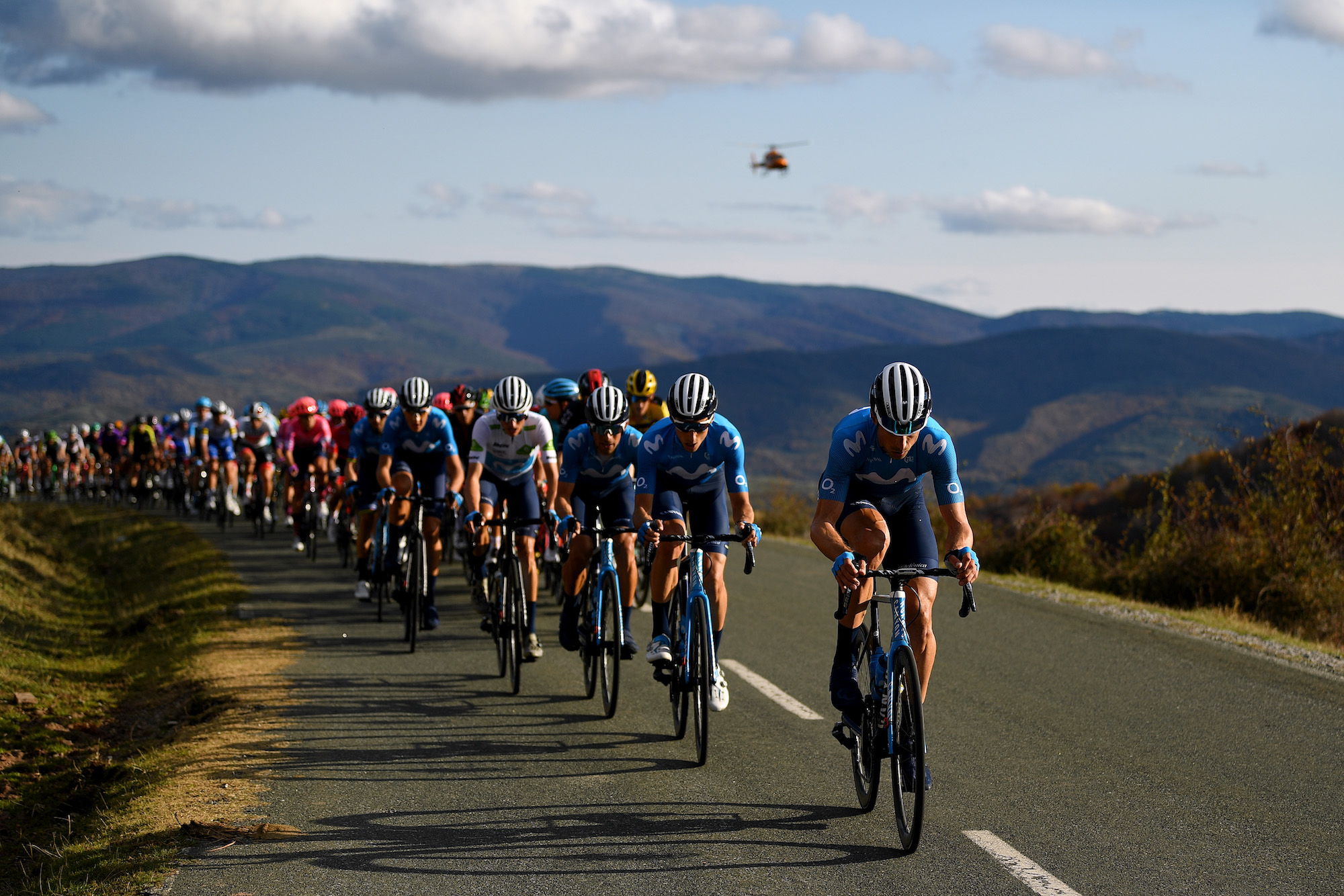
Anyone chasing the red jersey after the stage 13 time trial and hoping to gain time before the final mountain top finish on Saturday will have to use their imaginations, as none of the three stages in between present clear-cut opportunities.
Stages 14 and 15 will both be long, undulating days through Galicia, but neither feature a single climb ranked higher than category three. Similarly, although the category one Puerto El Robledo featured on stage 16 is harder than anything on the preceding two days, it’s crested about 35km before the finish.
This is the kind of terrain that could instead encourage surprise attacks, unexpected ambushes designed to catch whoever is in red off guard. Without a single obvious point in the route to make a move, instead every small climb becomes a possible moment to put pressure on.
It’s the kind of thing Movistar have threatened to do all race with their aggressive riding. Their red jersey hopes might have fizzled out somewhat, with Enric Mas a little off the pace of the other favourites in fifth overall at 1-50, and both Marc Soler and Alejandro Valverde now significantly adrift, but don’t rule them out breaking the race wide-open in a bold attempt to move up the rankings.
Ceratizit Madrid Challenge
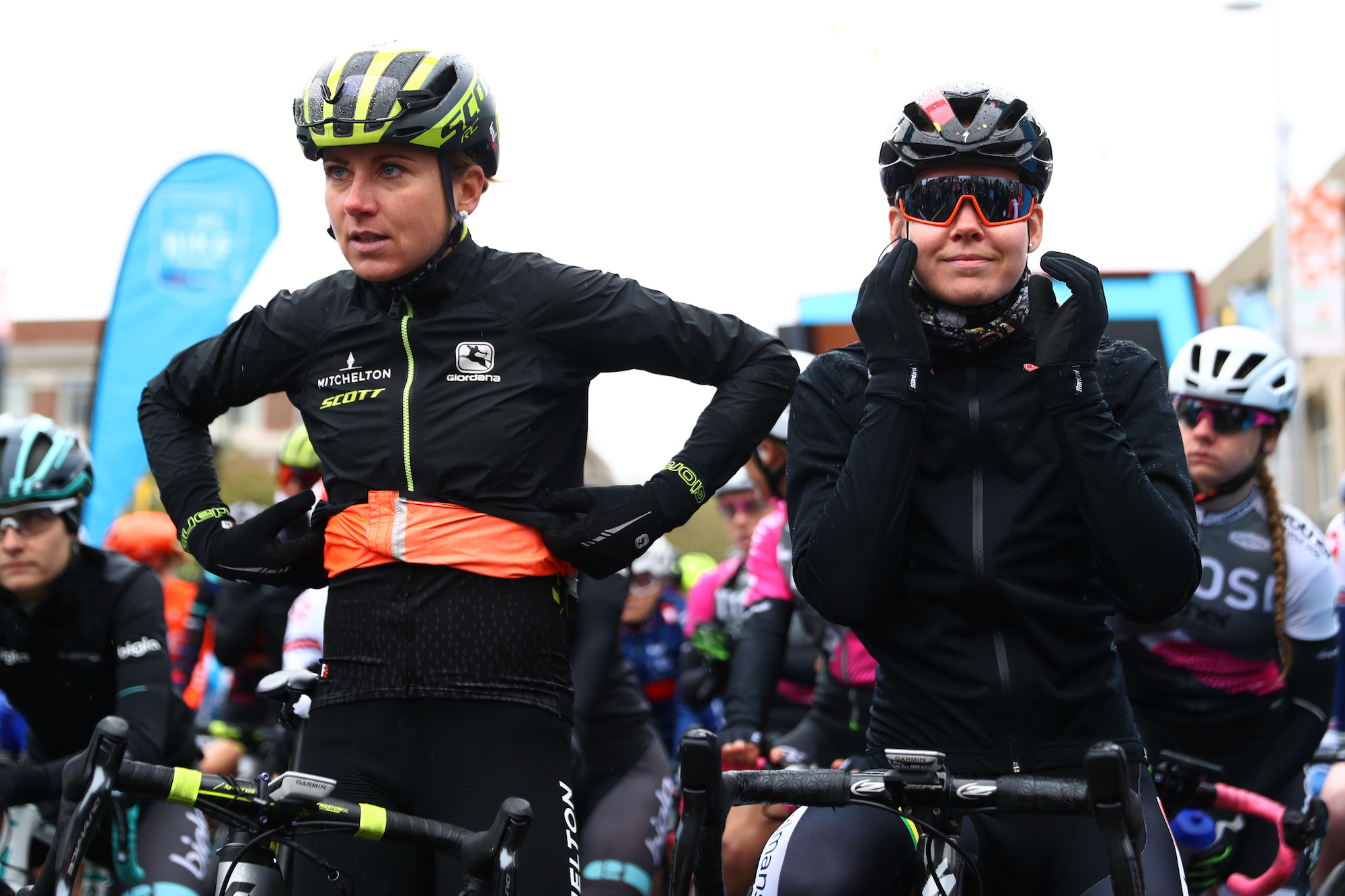
Running parallel to the final three stages of the men’s race will be the Ceratizit Madrid Challenge, a three-day women’s event that will mark the end of this year’s Women’s World Tour.
This year’s edition will feature three stages, making it the longest since the race was first introduced in 2015. Like last year, a 9.5km time trial to and from Boadilla del Monte outskirt of Madrid will be followed by a circuit race in Madrid, but this time a road stage from Toledo to Escalona will precede both stages.
The startlist is yet to be announced, but Annemiek van Vleuten (Mitchelton-Scott) is expected to ride, and could resume her rivalry with Duch compatriot Anna van der Breggen (Boels-Dolmans) should the double world champion elect to ride.
Despite the addition of the extra road stage, the time trial looks set to be decisive again, so specialists of the discipline like last year’s winner Lisa Brennauer (Ceratizit-WNT) and world bronze medalist Ellen van Dijk (Trek-Segafredo) will also be one to watch.
One last mountain top finish at La Covatilla
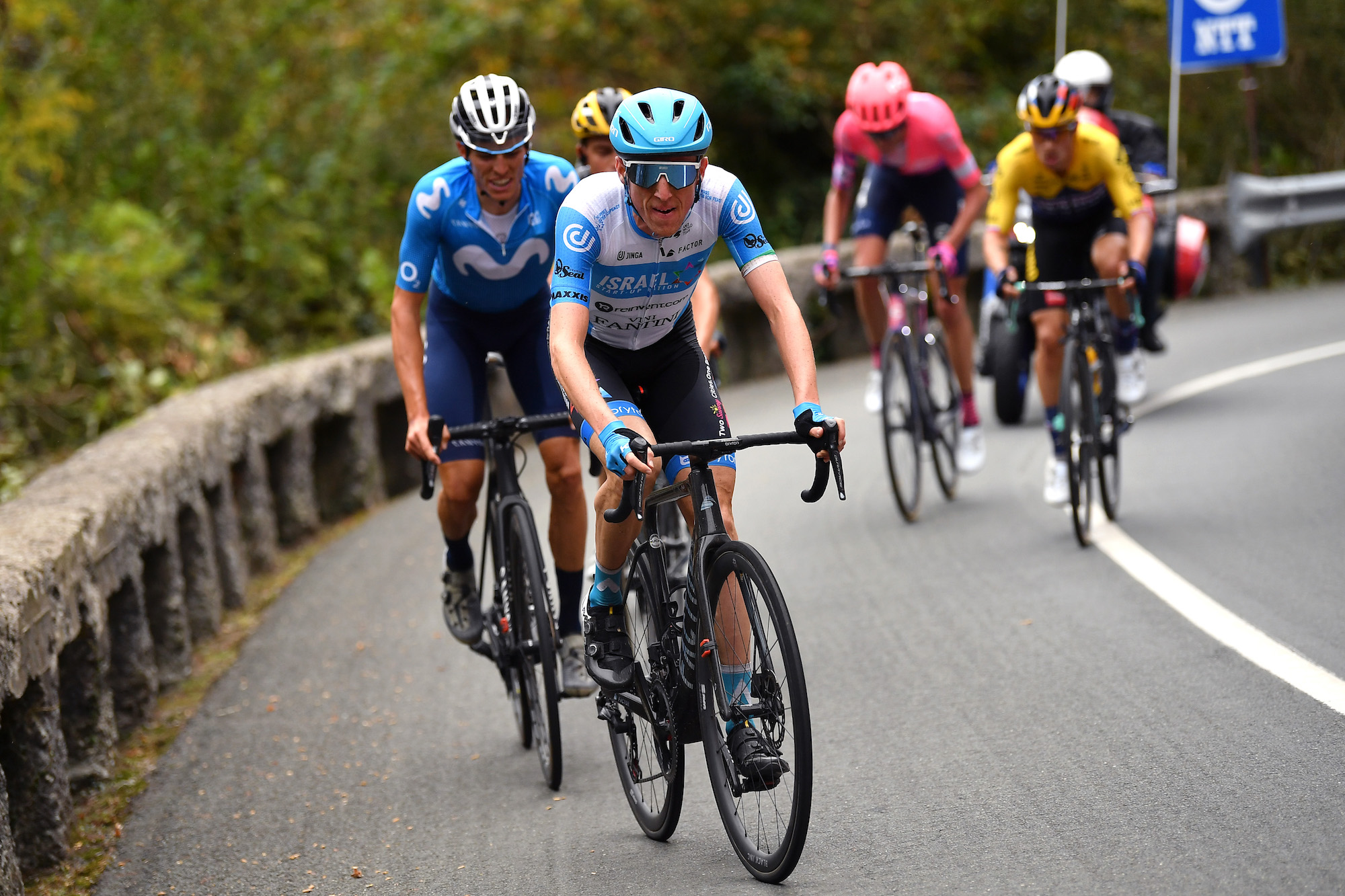
In terms of climbing, this year’s Vuelta is a very front-loaded affair, and the final week will feature just one mountain top finish — stage 17, which finishes atop the fearsome Alto de la Covatilla.
This might be the only proper day in the mountains of the week, but it still has the potential to turn the race on its head. La Covatilla is a brute of a climb, one of horribly uneven gradients with several ramps into the double digits.
>>> Vuelta a España standings: The latest results from the 2020 race
The gaps have been significant on each of the Vuelta’s five past visits here, notably in 2018, when Simon Yates dropped several of his rivals to take the red jersey on route to overall victory, while a 25-year-old Dan Martin claimed his first ever Grand Tour stage here in 2011 — a good omen perhaps as the Irishman chases his first ever Grand Tour podium finish?
After three weeks of such tough racing, and with a whole five climbs to tackle earlier in the stage, the riders will be well and truly worn out by the time they reach the climb. But with only the flat final stage in Madrid to come afterwards, they’ll leave everything out on the road, using up every ounce of energy they have left.
This ought to be a thrilling final showdown for the red jersey, and at the top we’ll know who the winner will be.
A sprint in Madrid
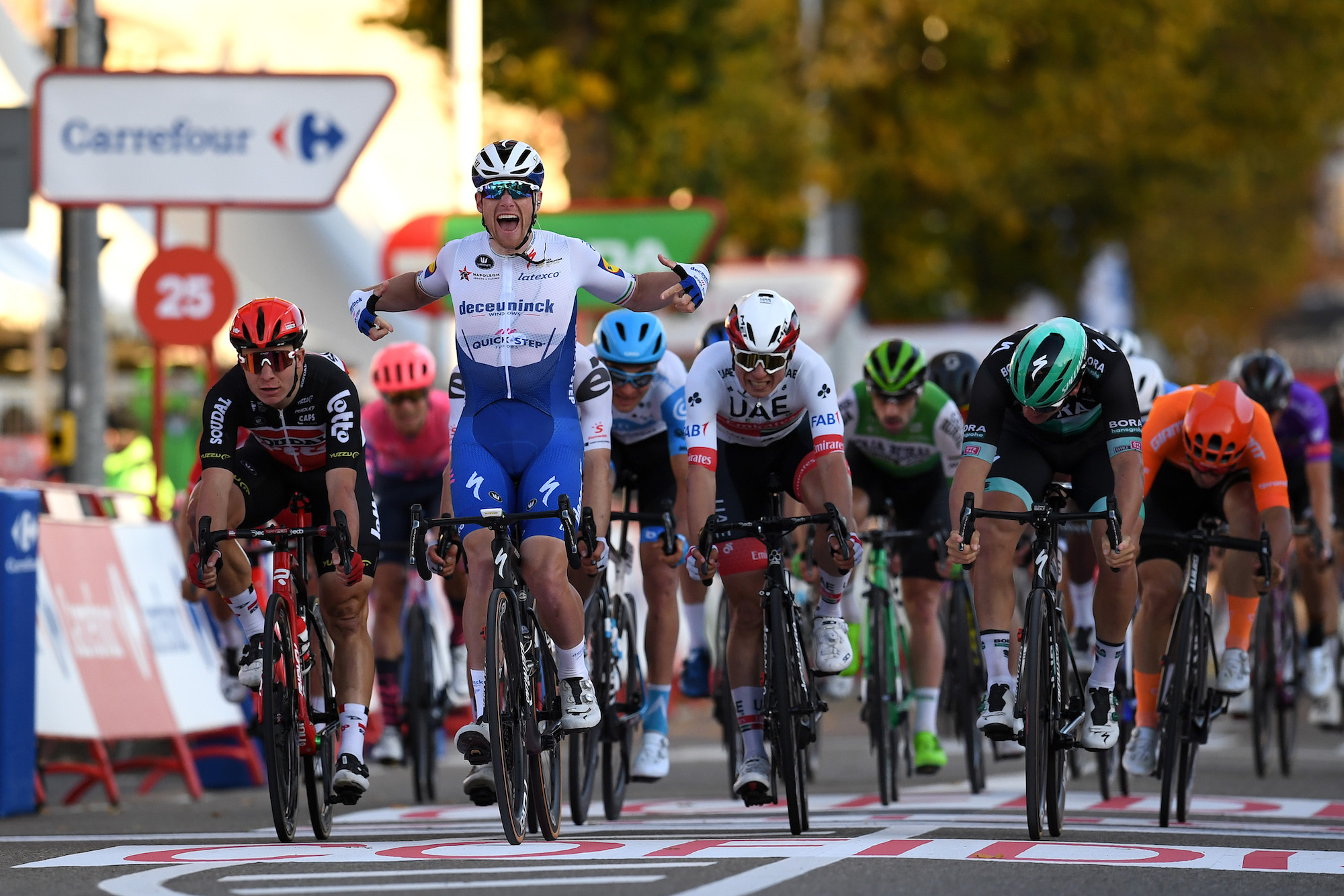
Rolling and mountainous terrain throughout most of the final week will mean plenty of chances for breakaways and GC riders to contest for stage wins while the sprinters take a back seat, but the fast-men will at least get one chance to go for glory on the final day of racing in Madrid.
As usual, both the circuit in Madrid and the roads leading up to it will be entirely flat, virtually ensuring a bunch sprint finish.
Having been first over the line in both of the race’s previous bunch sprints, Sam Bennett (Deceuninck-Quick-Step) will be hot favourite for victory. The Irishman has appeared to have recovered from whatever it was that saw him dropped from the peloton and finish last place on stage 10, managing to haul himself up the Angliru and finish with the grupetto inside the time limit.
Pascal Ackermann (Bora-Hansgrohe), who was awarded victory on stage nine after Bennett was relegated for a shoulder barge in the finale, will again be his main rival in the sprint, while youngsters Jasper Philipsen (UAE Team Emirates) and Gerben Thijssen (Lotto-Soudal) will also fancy their chances if they’re not too fatigued by this late stage of the race.
Stephen Puddicombe is a freelance journalist for Cycling Weekly, who regularly contributes to our World Tour racing coverage with race reports, news stories, interviews and features. Outside of cycling, he also enjoys writing about film and TV - but you won't find much of that content embedded into his CW articles.